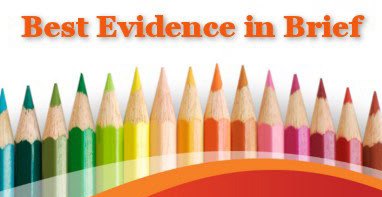Digital game-based learning (DGBL) is a dynamic educational approach in which students participate in competitive activities aimed at promoting knowledge acquisition in a virtual environment. With the increasing popularity of learning with digital media due to the COVID-19 pandemic, a meta-analysis recently examined the effects of DGBL interventions on different learning outcomes (i.e., cognitive, metacognitive, and affective-motivational) in school settings.
Studies were eligible if they (1) used a digital game or simulation on a computer or mobile device compared to a traditional instruction method, (2) was published in English between 2015 and 2020, (3) involved more than 10 participants in schools from grades 1 to 13 and between ages 6 and 18, and (4) employed at least a quasi-experimental pre-post control design. The literature search and screening process gathered a total of 35 eligible studies with 7139 participants.
Results revealed that DGBL showed a significant medium effect on overall learning (ES = 0.54) and cognitive learning outcomes (ES = +0.67), a small effect on affective-motivational learning outcomes (ES = +0.32), and no significant effect on metacognitive learning outcomes.
The findings partially confirm the positive impact of implementing DGBL in school. Based on these findings, the authors suggest designing DGBL interventions to adapt to learners’ needs and support distance learning, to foster teachers’ knowledge and ability to use digital games, to explore under-researched metacognitive learning outcomes and teacher education, and to integrate learning content into balanced intrinsic or extrinsic game elements.

